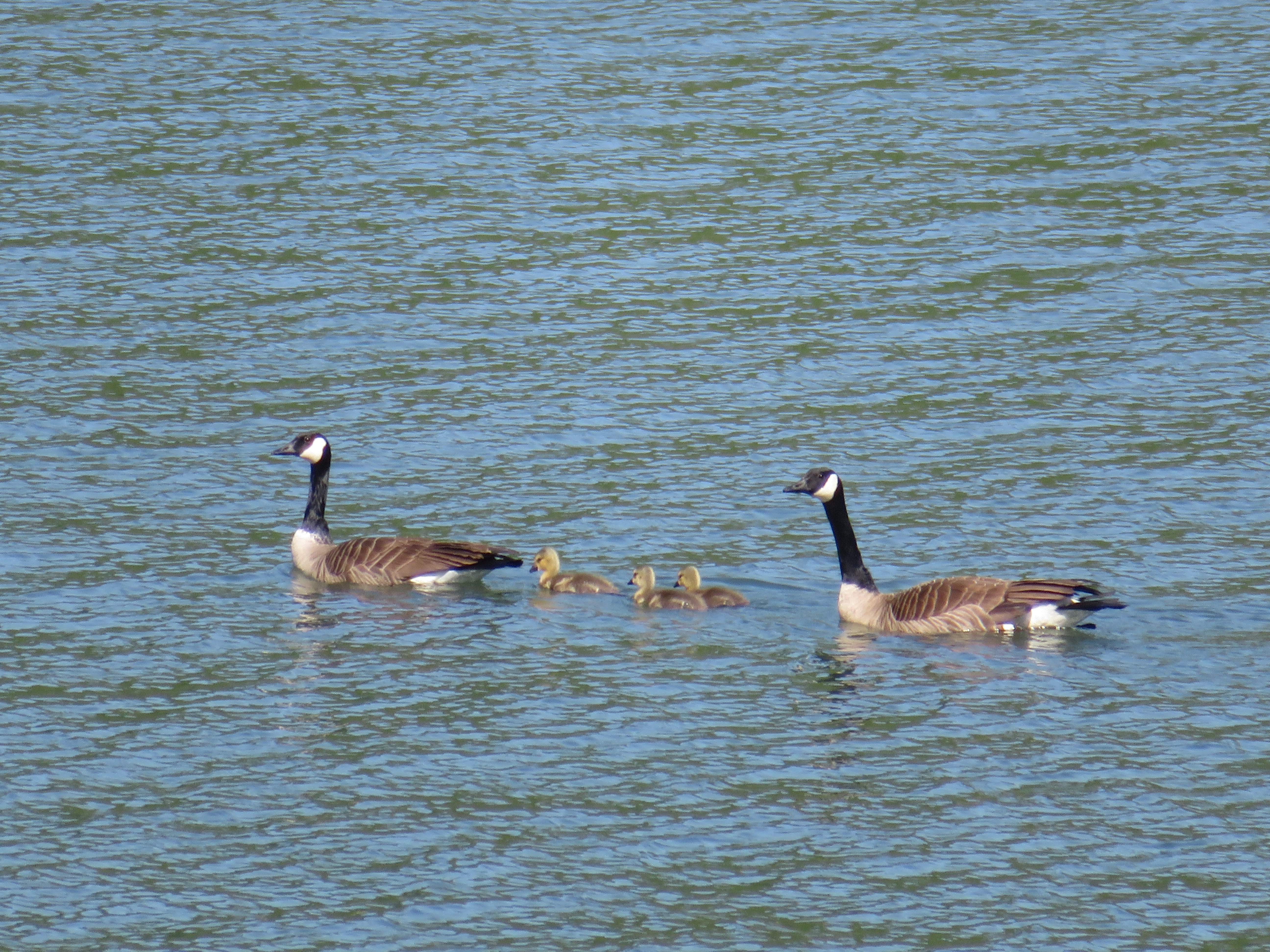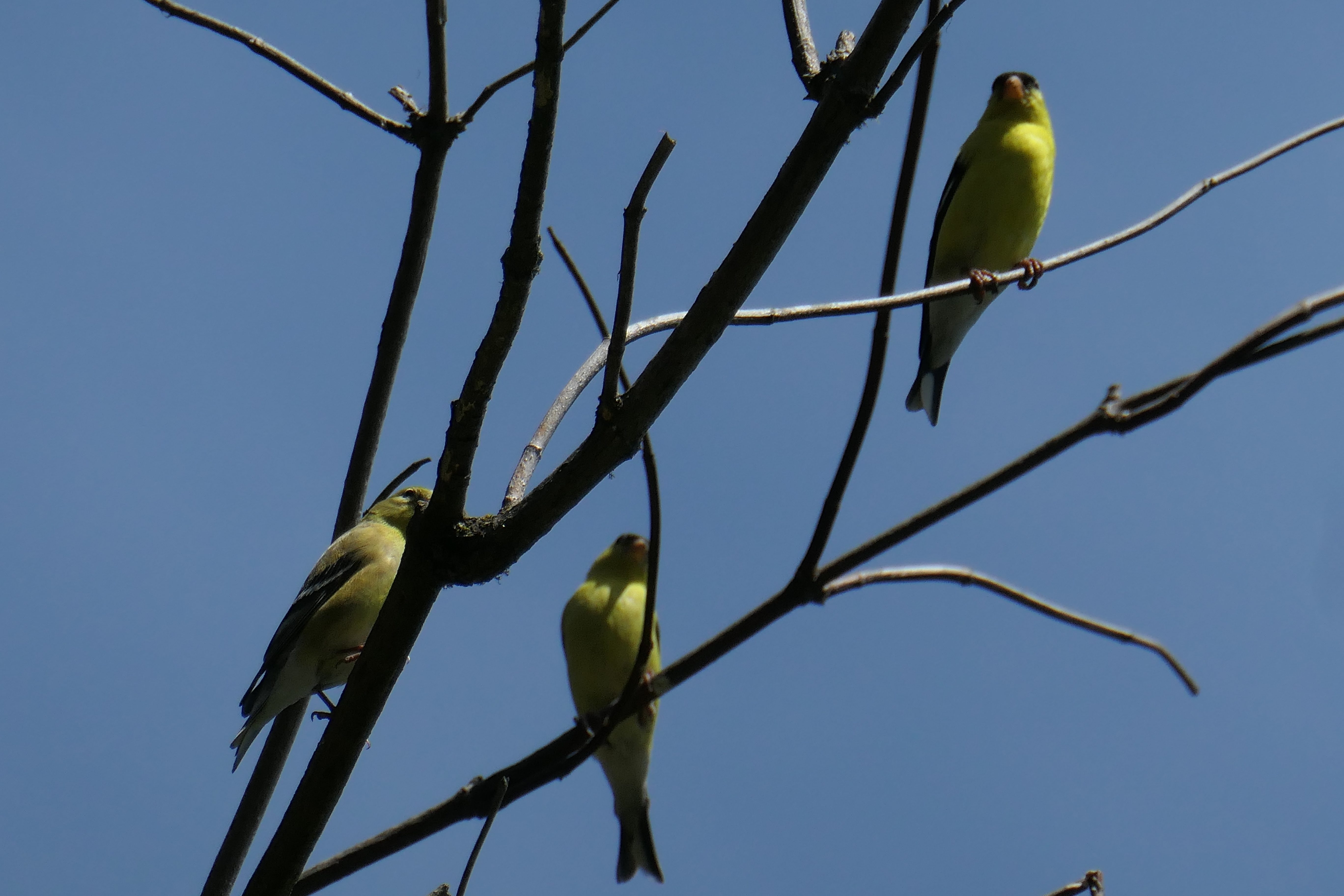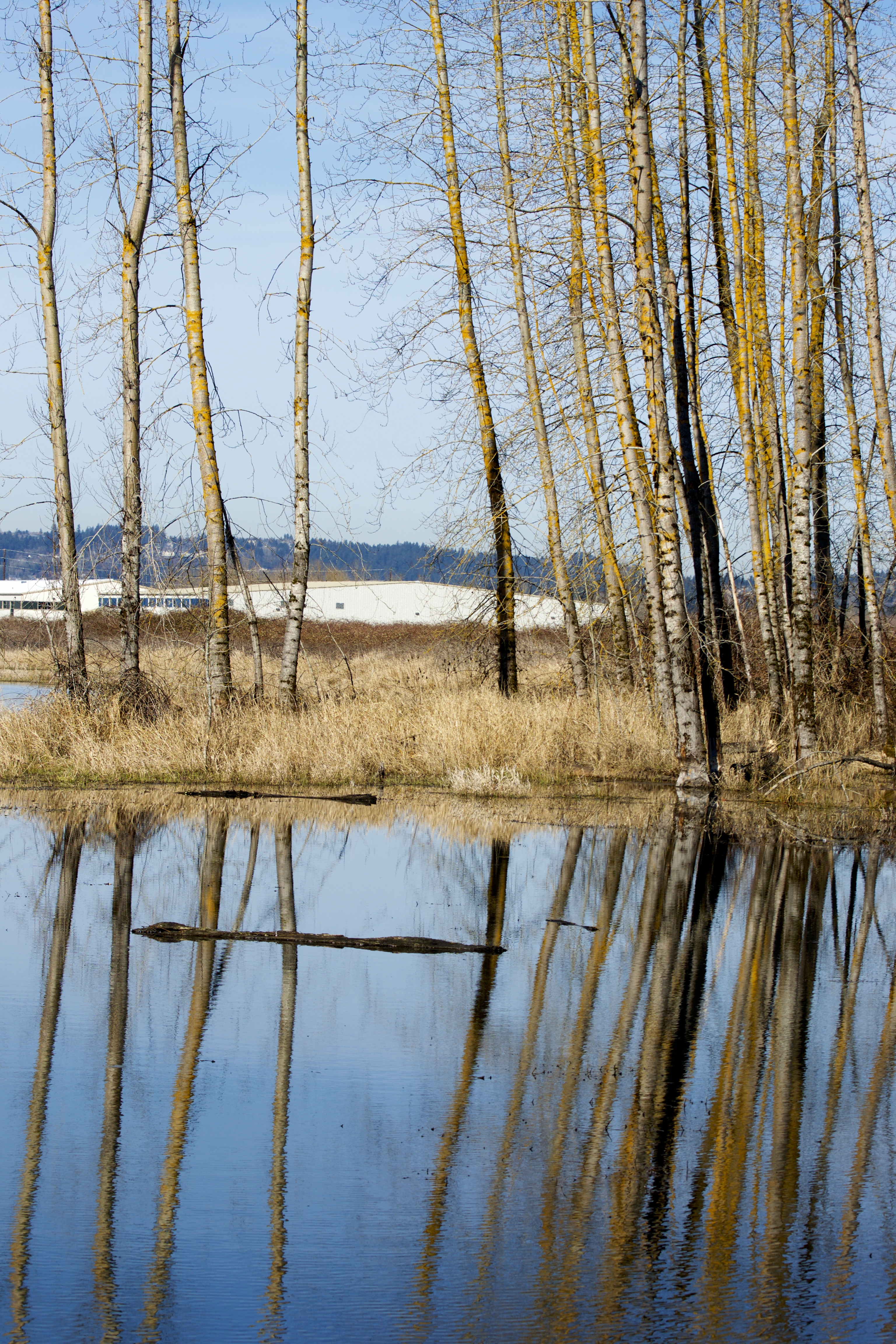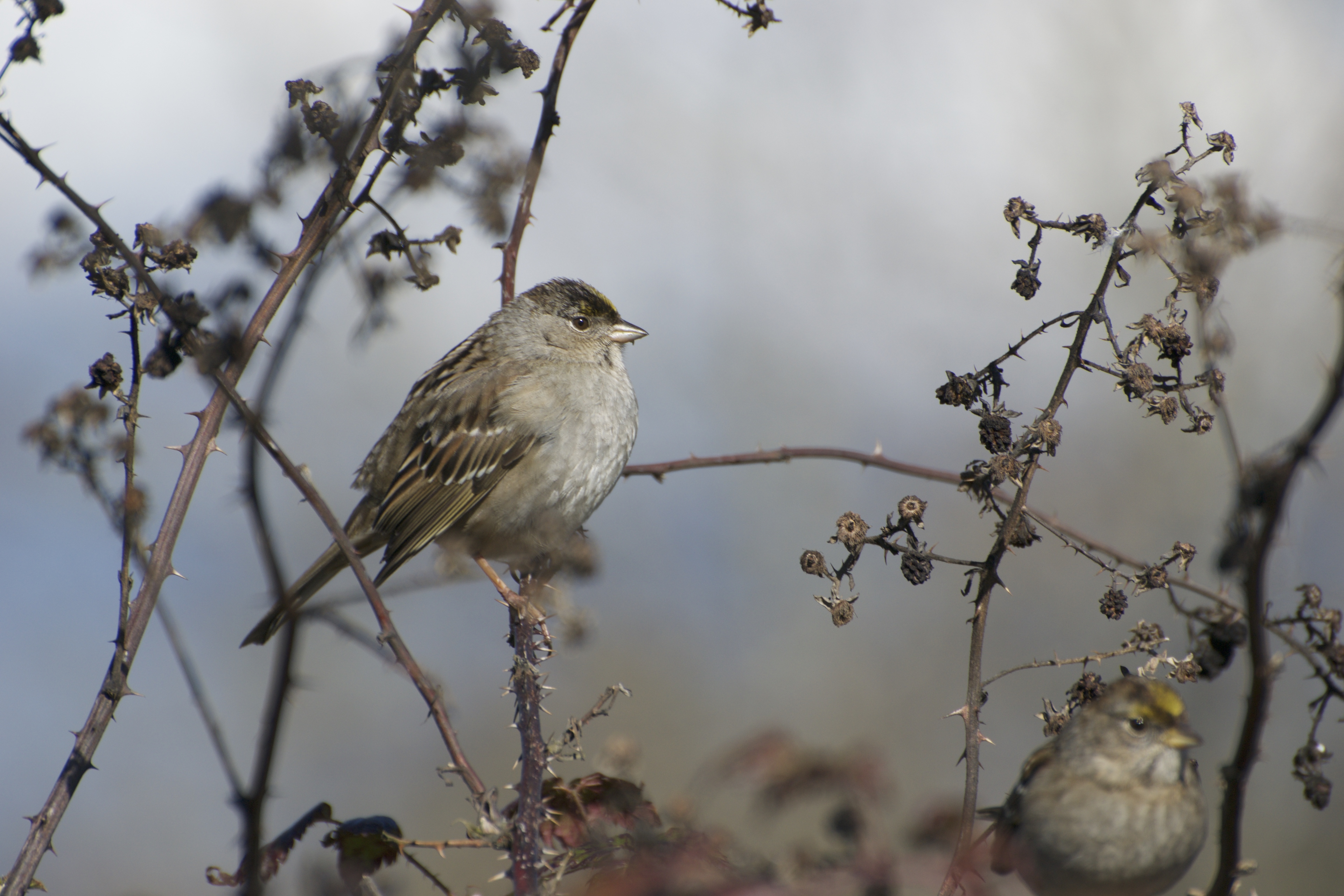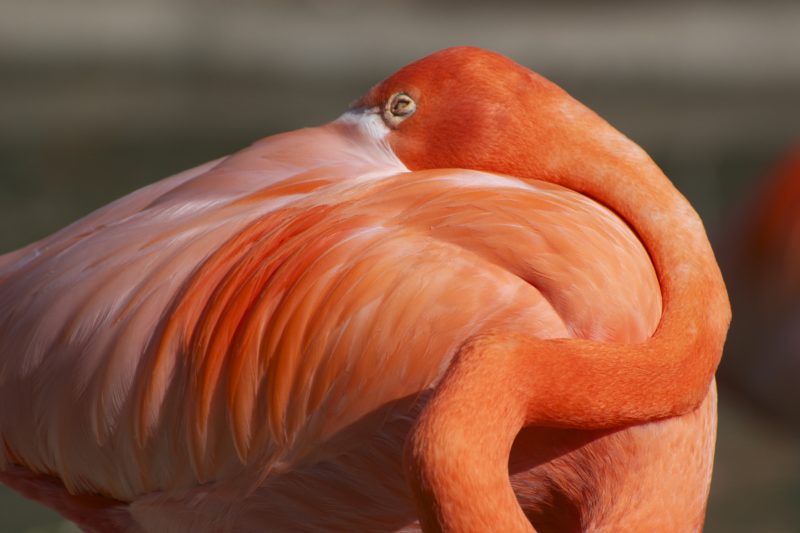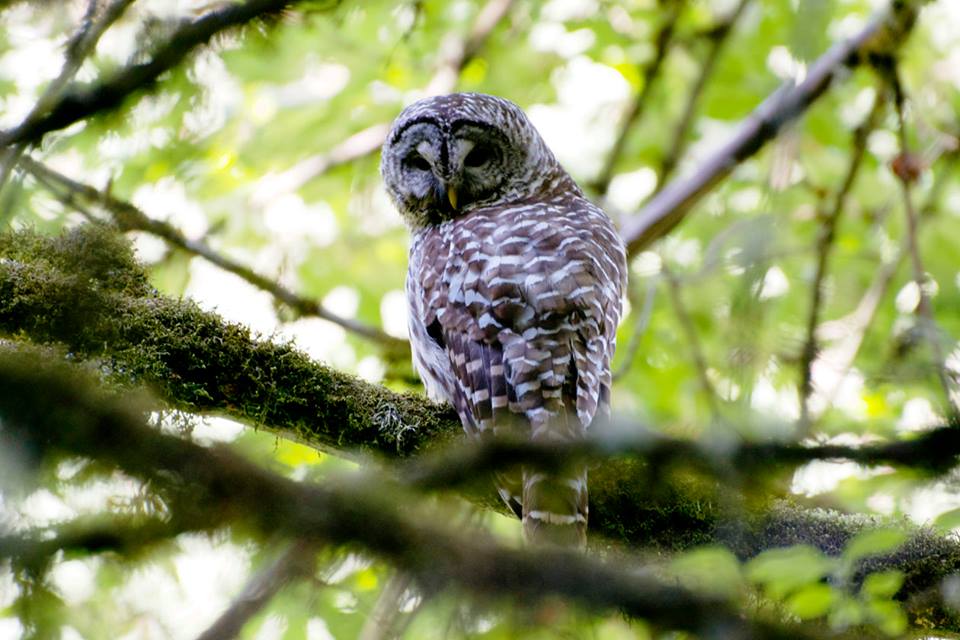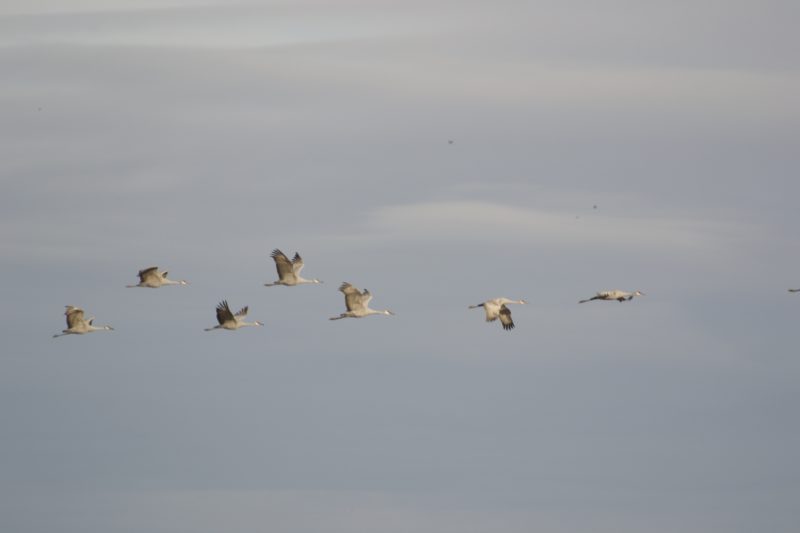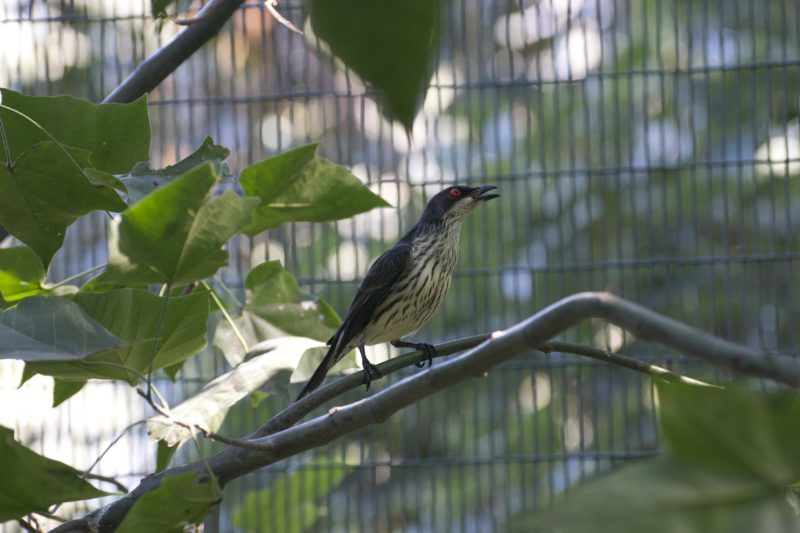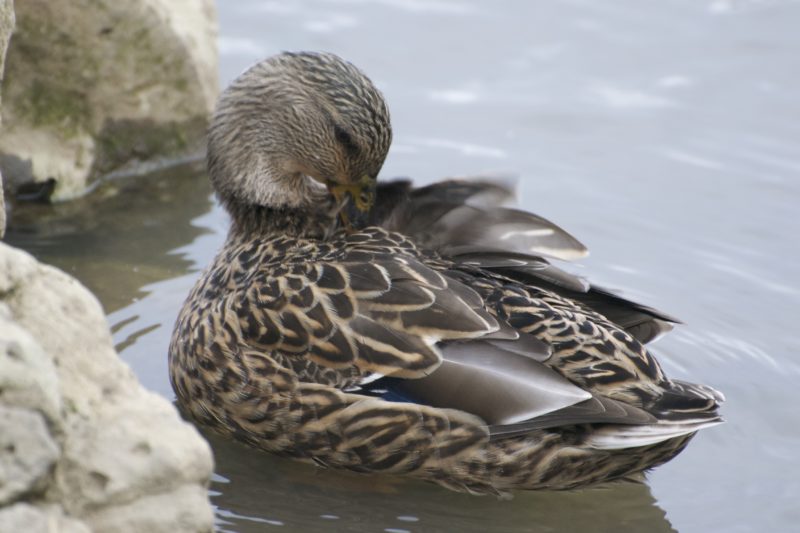
(Prompted by the current prominence of goslings.)
Shit List; Or Omnium-gatherum Of Diversity Into Unity
by A R Ammons
You'll rejoice at how many kinds of shit there are: gosling shit (which J. Williams said something was as green as), fish shit (the generality), trout shit, rainbow trout shit (for the nice), mullet shit, sand dab shit, casual sloth shit, elephant shit (awesome as process or payload), wildebeest shit, horse shit (a favorite), caterpillar shit (so many dark kinds, neatly pelleted as mint seed), baby rhinoceros shit, splashy jaybird shit, mockingbird shit (dive-bombed with the aim of song), robin shit that oozes white down lawnchairs or down roots under roosts, chicken shit and chicken mite shit, pelican shit, gannet shit (wholesome guano), fly shit (periodic), cockatoo shit, dog shit (past catalog or assimilation), cricket shit, elk (high plains) shit, and tiny scribbled little shrew shit, whale shit (what a sight, deep assumption), mandril shit (blazing blast off), weasel shit (wiles' waste), gazelle shit,



magpie shit (total protein), tiger shit (too acid to contemplate), moral eel and manta ray shit, eerie shark shit, earthworm shit (a soilure), crab shit, wolf shit upon the germicidal ice, snake shit, giraffe shit that accelerates, secretary bird shit, turtle shit suspension invites, remora shit slightly in advance of the shark shit, hornet shit (difficult to assess), camel shit that slaps the ghastly dry siliceous, frog shit, beetle shit, bat shit (the marmoreal), contemptible cat shit, penguin shit, hermit crab shit, prairie hen shit, cougar shit, eagle shit (high totem stuff), buffalo shit (hardly less lofty), otter shit, beaver shit (from the animal of alluvial dreams)—a vast ordure is a broken down cloaca—macaw shit, alligator shit (that floats the Nile along), louse shit, macaque, koala, and coati shit, antelope shit, chuck-will's-widow shit, alpaca shit (very high stuff), gooney bird shit, chigger shit, bull shit (the classic), caribou shit, rasbora, python, and razorbill shit, scorpion shit, man shit, laswing fly larva shit, chipmunk shit, other-worldly wallaby shit, gopher shit (or broke), platypus shit, aardvark shit, spider shit, kangaroo and peccary shit, guanaco shit, dolphin shit, aphid shit, baboon shit (that leopards induce), albatross shit, red-headed woodpecker (nine inches long) shit, tern shit, hedgehog shit, panda shit, seahorse shit, and the shit of the wasteful gallinule.



And here is another gosling, this time playing the Color Etudes by Phillip Ramey, gosling green comes to mind….
